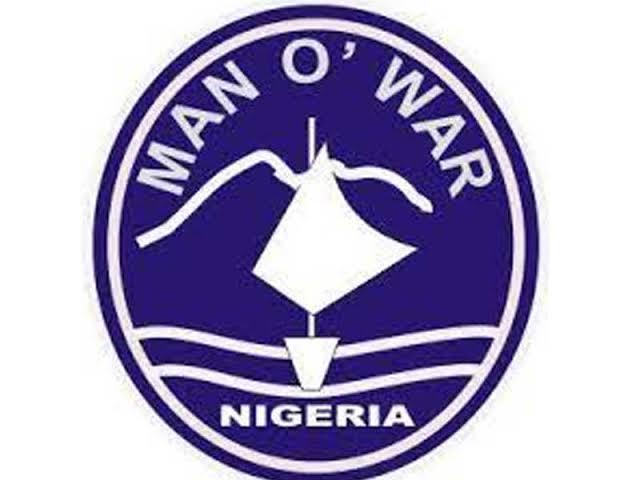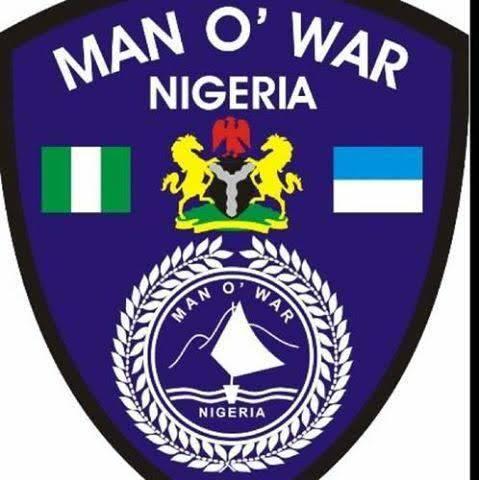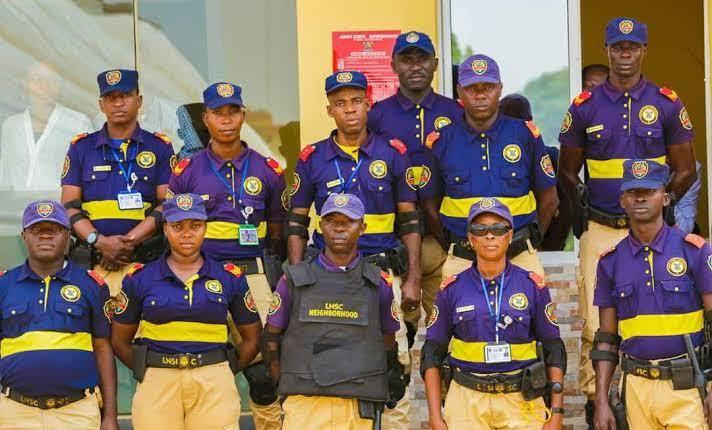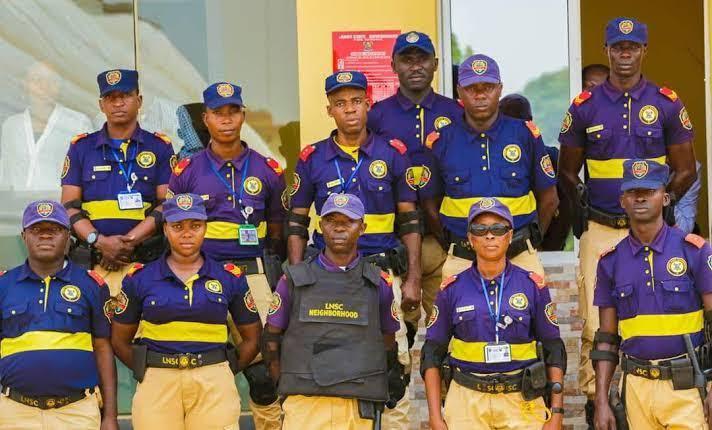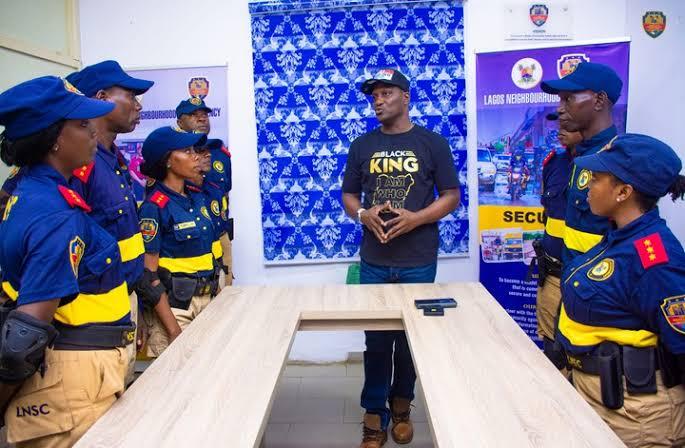Explore Our Bill Payment Services:
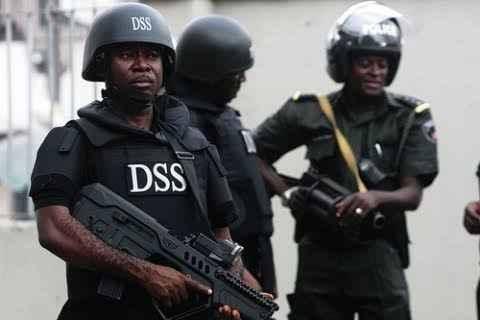
- Military And Defence
- Para-Military Guide
- Nigeria
Functions Of The Dss/Sss: Their Official Roles & Responsibilities
The Department of State Services (DSS), also known as the State Security Service (SSS), is Nigeria’s primary domestic intelligence agency. It operates under the Presidency and plays a critical role in national security, counter-terrorism, and VIP protection.
But what exactly are the functions of the DSS?
In this official guide, you’ll learn:
-
The official duties of DSS in Nigeria
-
Their operational roles and responsibilities
-
How they differ from the police and army
-
Their presence at state, local, and national levels
What Is the DSS/SSS?
The DSS/SSS is one of Nigeria’s most powerful security agencies. It was established in 1986 when the National Security Organization (NSO) was restructured by the then military government.
It now serves as the intelligence arm of the Presidency, reporting directly to the National Security Adviser (NSA).
Core Functions of the DSS/SSS
Here are the official functions and roles the DSS performs across Nigeria:
1. Intelligence Gathering
The DSS is Nigeria’s top domestic intelligence agency. They collect, analyze, and report intelligence on:
-
Political threats
-
Religious or ethnic unrest
-
Internal terrorism
-
Organized crime
This helps the government make informed decisions to protect Nigeria’s unity.
2. Counter-Terrorism & Anti-Insurgency
DSS officers are trained to detect and neutralize:
-
Terrorist plots
-
Boko Haram activities
-
Cyber-terrorism
-
Bomb threats and extremist movements
They work closely with the military, police, and international agencies on anti-terror operations.
3. Protection of Senior Government Officials
The DSS is officially responsible for VIP protection, including:
-
The President & Vice President
-
Senate President & Speaker
-
State Governors (when required)
-
Foreign dignitaries visiting Nigeria
-
High-profile politicians & judges (under threat)
DSS agents often appear in plain clothes to protect these officials discreetly.
4. Investigating Economic & Financial Crimes
DSS plays a role in detecting and investigating:
-
Money laundering
-
Illegal arms trade
-
Cyber fraud
-
Currency racketeering
-
Economic sabotage
Although EFCC leads on financial crimes, DSS intervenes when national security is involved.
5. Monitoring Hate Speech & Subversive Activities
The DSS monitors individuals and groups for:
-
Hate speech that incites violence
-
Fake news that could destabilize the nation
-
Unlawful gatherings that pose national risk
-
Incitement against government institutions
They act swiftly to warn, arrest, or shut down such activities.
6. Election Security and Monitoring
During general and local elections, the DSS ensures:
-
Protection of election materials
-
Surveillance of high-risk zones
-
Arrest of vote-buying agents or political thugs
-
Protection of INEC officials
They help reduce electoral violence and support democracy.
7. Cybersecurity Surveillance
As cyber threats increase, DSS has developed intelligence around:
-
Hacktivism
-
Social media surveillance
-
Online terrorism financing
-
Leaked classified information
They track suspicious online activities that may compromise national security.
8. Background Checks for Government Appointments
Before anyone is appointed to high offices like:
-
Ministers
-
Judges
-
Ambassadors
-
Directors of agencies
-
Political appointees
The DSS conducts thorough background checks and clearance to ensure such individuals are loyal, clean, and non-corrupt.
9. Crisis Management & Emergency Response
In the event of:
-
Bomb threats
-
Hostage situations
-
Security breakdowns
-
National disasters
The DSS activates its Special Response Units (SRUs) to restore control and assist other forces.
10. Securing Strategic Government Buildings
DSS officers are deployed to secure:
-
Aso Rock Presidential Villa
-
National Assembly Complex
-
Supreme Court & High Courts
-
Airports and foreign embassies
-
Central Bank and other strategic locations
This helps safeguard Nigeria’s institutions and symbols of authority.
DSS vs Police vs Army – What’s the Difference?
| Agency | Main Role | Focus Area |
|---|---|---|
| DSS/SSS | Intelligence | Internal security & surveillance |
| Police | Law enforcement | Crime prevention & civil policing |
| Army | Defense | War, insurgency, and external threats |
DSS Presence Across Nigeria
The DSS has offices in all 36 states, the Federal Capital Territory (FCT), and all local government areas. This allows them to:
-
Monitor threats at grassroots level
-
Recruit informants and local agents
-
Respond quickly to emerging issues
Frequently Asked Questions (FAQs)
1. Is DSS different from SSS?
No. DSS and SSS are the same agency. The official name is Department of State Services, while State Security Service is the operational alias.
2. Do DSS officers carry weapons?
Yes, but usually concealed. DSS officers are highly trained in armed and unarmed combat.
3. Can DSS arrest citizens?
Yes. They can arrest individuals without a warrant if there’s a threat to national security.
4. Are DSS roles secret?
Many of their activities are classified and done covertly for national safety.
5. Does DSS work with foreign agencies?
Yes. They collaborate with Interpol, CIA, MI6, and other global intelligence agencies.
Conclusion
The DSS/SSS functions go far beyond what most Nigerians know. From protecting the President to neutralizing terror threats, their job is vital to keeping the nation safe and united.
If you're interested in joining or simply understanding their role, now you know why they are one of the most powerful forces behind Nigeria’s security.
